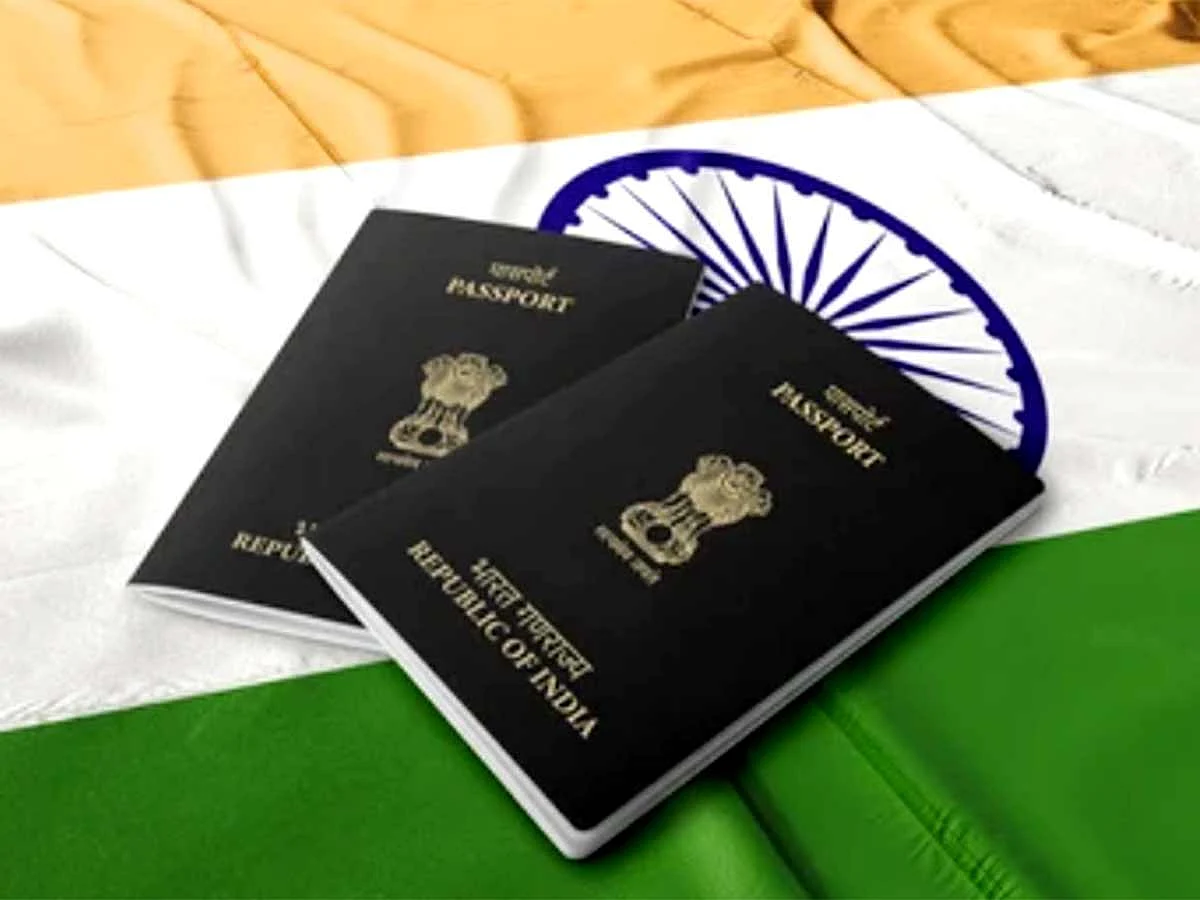India’s new passport rules 2025: Who’s affected and what you must know
Applying for a passport? Key changes and new birth certificate rule explained

Dubai: In a major policy change, the Indian government has revised the passport application process, mandating birth certificates as the only acceptable proof of date of birth for individuals born on or after October 1, 2023.
According to a notification issued by the Ministry of External Affairs (MEA) on February 24, the amendment to the Passport Rules, 1980, will take effect once published in the official Gazette. This move aims to standardise documentation and ensure uniformity in age verification.
Accepted proof of date of birth
For applicants born on or after October 1, 2023
Under the Passports (Amendment) Rules, 2025, individuals born on or after October 1, 2023, must submit a birth certificate issued by:
The Registrar of Births and Deaths
The Municipal Corporation
Any authority authorised under the Registration of Births and Deaths Act, 1969
This measure seeks to eliminate inconsistencies and ensure a reliable verification process.
For applicants born before October 1, 2023
For individuals born before the cutoff date, the government will continue to accept multiple documents as proof of date of birth, including:
Birth certificate issued by the Registrar of Births and Deaths or Municipal Corporation
Educational certificates (transfer, school leaving, or matriculation)
PAN Card issued by the Income Tax Department
Government service records (service extracts or pay pension orders)
Driving license issued by the State Transport Department
Election photo ID card issued by the Election Commission of India
Life insurance policy bonds from public sector insurance companies
This flexibility ensures that applicants from diverse backgrounds can provide suitable documentation for passport issuance.
Expansion of Passport Seva Kendras
The government has also announced plans to expand Post Office Passport Seva Kendras (POPSKs). Over the next five years, the number of POPSKs will increase from the current 442 to 600, improving accessibility to passport services across the country.
To ensure the continued operation of these centers, the MEA and the Department of Posts have extended their Memorandum of Understanding (MoU) for another five years. This expansion aims to streamline passport processing and improve service delivery for citizens, particularly in remote areas.
Other key passport rule changes
Residential information
As per recent amendments, residential addresses will no longer be printed on the last page of the passport. Instead, immigration officials will access the applicant’s residential data by scanning a barcode, ensuring enhanced privacy and security.
Colour-Coded passports
The government has introduced a colour-coded passport system:
Red: Diplomatic passport holders
White: Government officials
Blue: All other regular passport holders
Parents’ names not mandatory
To accommodate children of single parents or individuals from estranged families, the parents’ names will no longer be printed on the last page of the passport. This amendment is designed to be inclusive and considerate of diverse family structures.
Reasons for amendment
According to officials cited by PTI, the passport rules had remained unchanged for a long time, mainly due to the lack of birth certificates among many residents, especially in rural areas. However, with the stricter implementation of the Registration of Births and Deaths Act, 1969, birth certificates have now become a standardized and widely available document, making them the most reliable proof of date of birth.
Implications for applicants
The introduction of these amendments underscores the government’s commitment to ensuring accurate and uniform documentation in the passport issuance process. By making birth certificates mandatory for newer generations, authorities aim to reduce discrepancies and enhance the reliability of personal identification records.
Applicants are advised to ensure they have the necessary documents by their date of birth to facilitate a smooth passport application process.
Applicants can visit the official Passport Seva website for comprehensive details on the updated passport rules.
Sign up for the Daily Briefing
Get the latest news and updates straight to your inbox
Network Links
GN StoreDownload our app
© Al Nisr Publishing LLC 2026. All rights reserved.